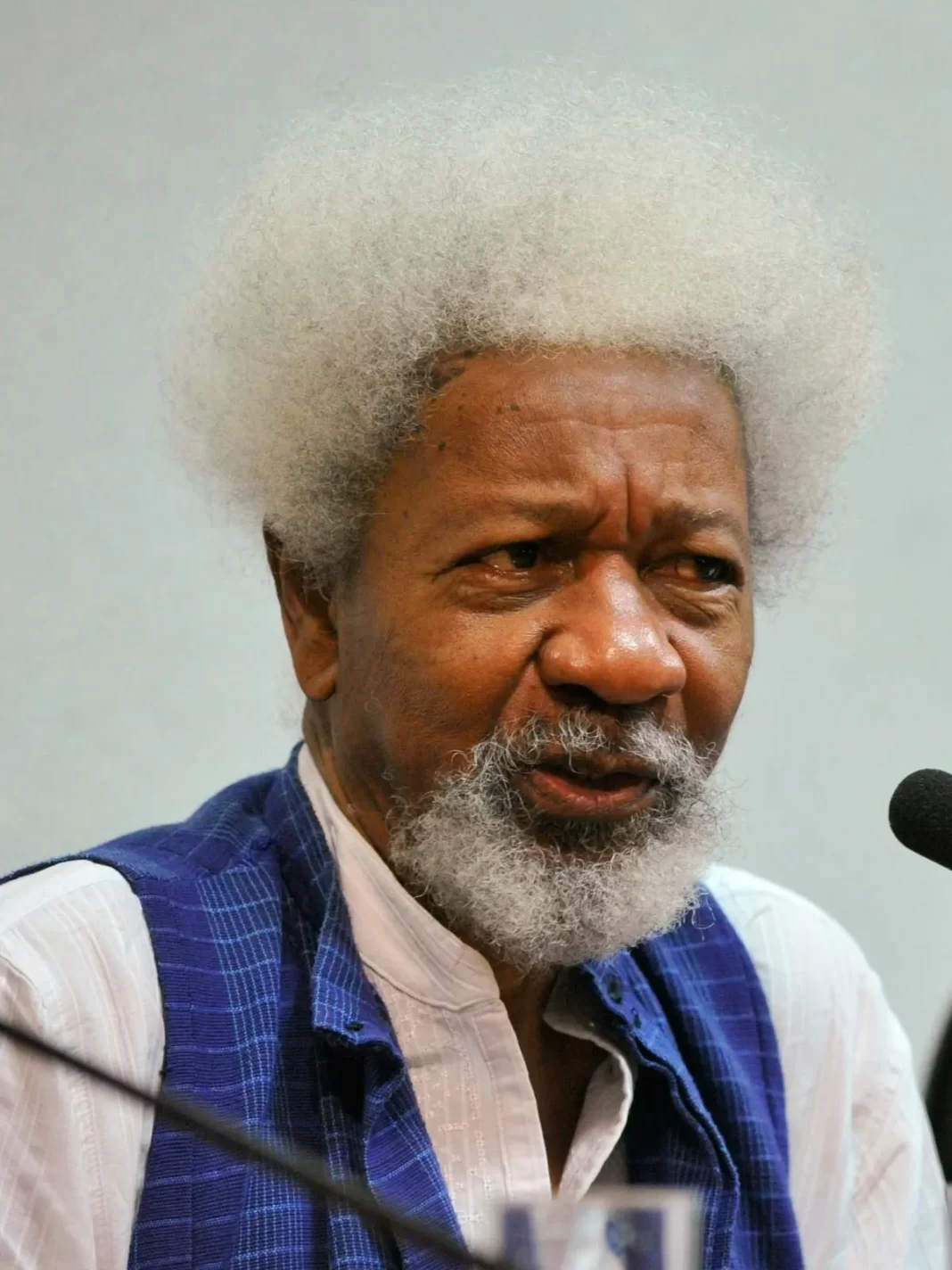Akinwande Oluwole Babatunde Soyinka, recognized merely as Wole Soyinka, can’t be simply described. He is a instructor, an ideologue, a scholar and an iconoclast, an elder statesman, a patriot and a culturalist.
The Nigerian playwright, novelist, poet and essayist is a big amongst his contemporaries. In 1986, he turned the primary sub-Saharan African, and is one of solely 5 Africans, to be awarded the Nobel prize for literature. This was in recognition of the way in which he “fashions the drama of existence”.
His works reveal him as a humanist, a brave man and a lover of justice. His symbolism, flashbacks and ingenious plotting contribute to a wealthy dramatic construction. His greatest works exhibit humour and superb poetic type in addition to a present for irony and satire. These precisely match the language of his complicated characters to their social place and ethical qualities.
His works have such influence that some of them are utilized in colleges in Nigeria and another anglophone nations in West Africa. Some have additionally been translated into French.
Life and activism
Soyinka was born right into a Yoruba household in Abeokuta, southwest Nigeria, on July 13, 1934. His mother and father had been Samuel Ayodele Soyinka and Grace Eniola Soyinka. He had his main training at St Peter’s Primary School in Abeokuta. In 1954, he attended Government College in Ibadan, and subsequently University College Ibadan (now the University of Ibadan) and the University of Leeds in England.
He was jailed in 1967 for talking out in opposition to Nigeria’s civil warfare over the tried secession of Biafra from Nigeria. Soyinka was additionally incarcerated for taking on the radio station of the disbanded Nigerian Broadcasting Corporation in Ibadan to announce his rejection of the 1965 Western Nigerian election outcomes.
He joined different activists and democrats to type the National Democratic Coalition to battle for the restoration of democracy in Nigeria.
He now lives in Abeokuta.
Themes and elegance
My first contact with Soyinka was in secondary college after we had been made to learn his play Lion and the Jewel. Some of my classmates then felt he was troublesome to learn and assimilate. I later discovered Lion and the Jewel was really one of the only titles.
Soyinka’s works usually deal with the conflict of cultures, the interface between primitiveness and modernity, colonial interventions, spiritual bigotry, corruption, abuse of energy, poor governance, poverty and the long run of unbiased African nations. His themes have remained fixed over time and plenty of African states are nonetheless grappling with points he has raised because the Fifties.
Through his works, I found that he has deep data and understanding of his mom tongue, Yoruba. For occasion, in ‘Death and the King’s Horseman’ and different performs, we see Yoruba wisecracks, philosophy and proverbs translated into his language of communication, English. These enrich his writings.
I discover the altering types of his inventive works attention-grabbing in spite of the unchanging content material of the narratives or drama. Read King Baabu or The Beatification of the Area Boy and Chronicles from the Land of the Happiest People on Earth to look at the change in Soyinka’s type.
Forms of writing
Soyinka’s performs reduce throughout various socio-economic, political, cultural and spiritual preoccupations. ‘A Dance of the Forests’, one of probably the most recognised performs, was written and introduced in 1960 to rejoice Nigeria’s independence. It displays on the ugly previous and tasks right into a blossoming future.
His 1965 play ‘Kongi’s Harvest’ premiered in Dakar, Senegal in 1966 on the first Negro Arts Festival. The lead character, Kongi, was performed by Soyinka himself. It offers with themes of corruption, ego and paranoia. Kongi is the archetype of dictatorship globally. He suppresses all voices of purpose, revelling in his phantasm of energy and considering nobody can cease him – till he meets a tragic finish.
Other performs depict clashes of tradition between white affect, colonial values and black African orientations. Soyinka by no means blames however dramatises the evil folks do by means of characters with influence, sturdy plots, correct settings and language.
Soyinka has written solely three novels: The Interpreters (1965), Season of Anomy (1973) and Chronicles from the Land of Happiest People on Earth (2021), which got here virtually 50 years after his final. The novels focus primarily on Nigeria and its many ills, together with corruption, spiritual bigotry and inept governance.
The characters within the first two novels have desires that are generally dashed by means of a tragic truncation of their lives. The newest captures up to date Nigeria, the Nigerian diaspora and the myths of an ever-crawling large. It paints an image of issues going unsuitable for the nation.
Certain poems stand out amongst Soyinka’s assortment. These are ‘Telephone Conversation’ and ‘Abiku’. The former makes use of humour to speak concerning the severe concern of an African experiencing racism as a brand new pupil in a British college. The latter feedback on Nigeria’s lack of ability to develop; the poet explores the futility of life.
Soyinka’s non-fiction consists of The Man Died: Prison Notes (1972), his autobiography, Ake: The Years of Childhood (1981), Isara: A Voyage Around Essay (1990), Ibadan: The Penkelemes Years (1989) and You Must Set Forth at Dawn (2006). In these works he has narrated how the story of his life and his household intertwines with the destiny of Nigeria.
As an essayist and mental, he has highlighted the particular failings of people within the Nigerian polity. Soyinka is just not afraid of mentioning names of folks he writes about, nor the wrongdoings he’s accusing them of.
These works embody Myth, Literature and the African World (1976), Art, Dialogue, and Outrage: Essays on Literature and Culture (1988), The Black Man and the Veil: Beyond the Berlin Wall (1990) and The Open Sore of a Continent: A Personal Narrative of the Nigerian Crisis (1996).
They are essays which have contributed to Soyinka’s standing as a world mental.





